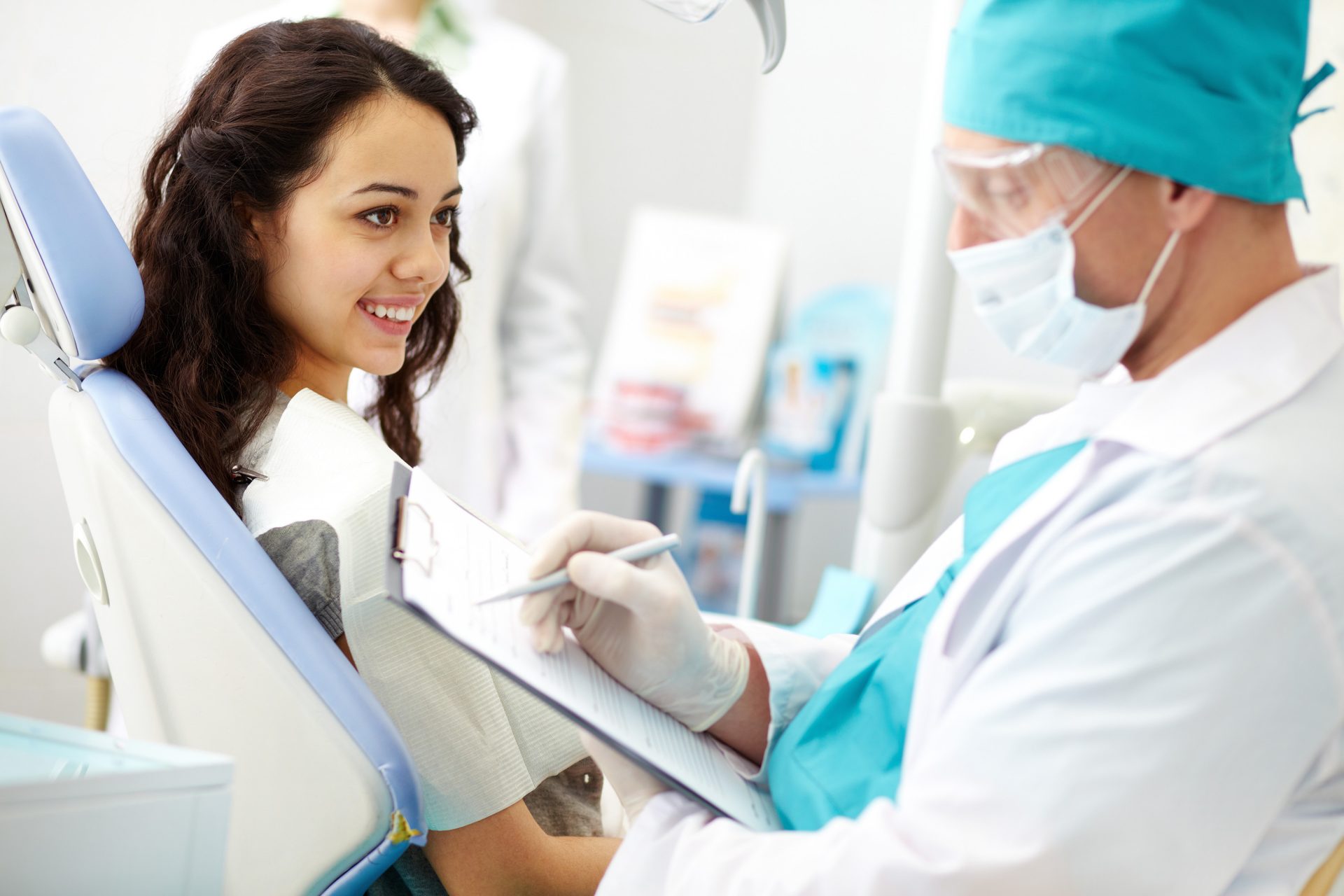Oral cancer is not among the most well-known or frequently diagnosed cancers, but it still affects and kills thousands of people annually in Canada and the United States. Our dentist is committed to helping you to avoid the development of cancer and, if cancer develops, to get effective treatment as quickly as possible. Our dentist in Yaletown does this in several ways, including giving you essential information and performing oral cancer screening in downtown Vancouver.
What are The Risk Factors For Oral Cancer?
Oral cancers develop due to mutations in the DNA of cells on tissues in the mouth. Those mutations alter the cells’ normal schedule according to which they divide and die. Rather than dying on schedule, those mutations cause the cells to keep growing, dividing, and accumulating. That rampant growth and accumulation results in tumours that can spread in your mouth and beyond.
Research into the causes of those genetic mutations that lead to the development of oral cancers is ongoing. What causes those mutations in the flat, thin cells lining your lips and mouth is poorly understood. Several risk factors for the development of mouth cancer include:
- Use of tobacco in cigarettes, e-cigarettes, chewing tobacco, cigars, pipes, snuff
- Excessive and prolonged alcohol consumption
- Excessive and prolonged exposure to sunlight and other ultraviolet radiation
- A suppressed immune system
- The presence of the virus HPV (human papillomavirus)
Risk factors do not cause oral cancer, but their presence does seem to increase the risk that someone will develop oral cancer.
How To Prevent The Development Of Mouth Cancer
Research has not discovered or proven any specific ways to prevent the development of oral cancer, though that is a topic of ongoing research. Among the best strategies for minimizing the risk of developing oral cancer is to modify your behaviour to address the abovementioned risk factors. Here are four recommendations for reducing your risk of developing oral cancers:
- Tobacco smoke contains over 7,000 different chemicals. Over 250 chemicals are known health hazards, including at least 69 known carcinogens. To avoid exposing the cells in your mouth to those harmful chemicals and carcinogens, quit smoking, and if you don’t smoke, don’t start.
- Drink only in moderation. Excessive consumption of alcohol irritates the cells in your mouth. That irritation can render those cells vulnerable to cancer. When irritated and damaged cancer cells try to repair themselves, those repair efforts could contribute to DNA changes that might result in oral cancer. The irritation caused by excessive drinking may also allow harmful chemicals and carcinogens (such as those contained in tobacco smoke) to penetrate the cells in your mouth and digestive tract.
- Protect your lips from the sun. There are three simple steps you can take to reduce the amount of time your lips are exposed to sunlight, a known risk factor for the development of oral cancers: stay in the shad as much as possible; wear a wide-brimmed that casts a shadow over your mouth; and wear lip balms that include sunscreen.
- See our dentist regularly. Is this tip unexpected compared to the first three suggestions for preventing the development of mouth cancer? It shouldn’t be. During every regular dental checkup, our dentist performs a complete assessment of all the tissues in your mouth to identify any apparent signs of irregular cells that may indicate the presence of oral cancer. Many dentists also specifically screen for oral cancer using the VELscope Oral Cancer Screening system that identifies irregular cells in your mouth using special blue light. Oral cancer screening in Yaletown using the VELscope screening process is accomplished in less than one minute without any pain, discomfort, invasive procedure, or requirement for preparation.
Just how important is seeing our dentist near you to dealing with the risk of oral cancer? Early identification of the risk or presence of oral cancer is essential to protecting your health. If oral cancers are detected early — while contained within your mouth — more and more effective treatment options are available. If oral cancer is not detected until after it has spread beyond your mouth, positive outcomes are more difficult to achieve, and survival rates shrink.
